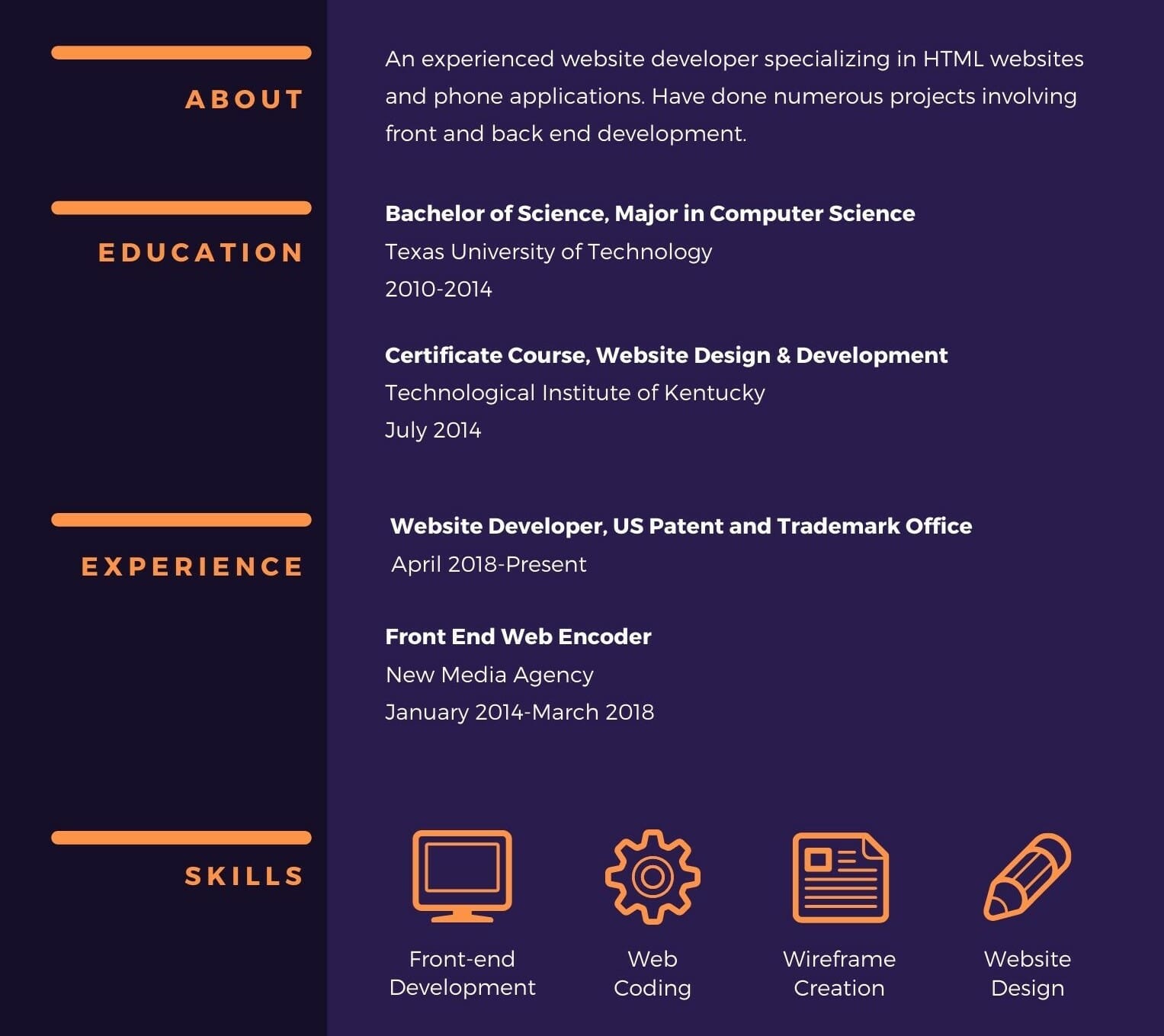Being a background investigator can build some wear and tear on an individual. With COVID-19, it has also added some changes, and maybe some uncertainty.
A subscriber to the ClearanceJobsBlog recently felt that uncertainty and warned others to ‘just move on and be happy.’
“I tried to hang on but it was more like being “strung along,” the investigator wrote.
Other commenters noted it’s not always as simple as just moving on. Establishing a new career when you’ve been in one industry for awhile is always difficult. Other commenters questioned what career options exist for those who no longer want to work as contract investigators. The reality is there are options for former field investigators. Recruiting, law enforcement, IT, or personnel security specialists are some options. But as commenters noted, it’s certainly not easy, even if it may be the right or worthwhile thing to do.
The point is to be creative and connect the pieces. Think about what you’ve accomplished and the skills you’ve gained while investigating, and then convince the next employer you’re applying to about why those skills matter and will support their mission.
But like user disillusioned says, “If only it were that easy to jump into a new career.” It will take time and energy.
RESUME TIPS FOR THE TRANSITIONING PROFESSIONAL
Before getting any job, you need to have a strong resume since it is the first impression you will have on a recruiter.
1. Meeting minimum requirements.
It takes time, but really work through the requirements line by line for the job your applying to, and make sure your resume reflects those. Unless you are applying to the same position over and over again, you should be tweaking your resume for every position you are applying to. A few things you will want to make sure your resume reflects is the minimum years of experience, your clearance level, or meeting the education requirement. However, don’t tailor your resume to match keywords where it doesn’t make sense. Relate experience from your past, and explain in that cover letter why you would make the best fit.
2. Resume length.
Resume length and timelines are a matter of personal preference between candidates, recruiters and hiring managers. I believe a hard and fast rule is that candidates are not required to cut your resume down to 1-2 pages, taking out valuable skills, and especially if you’re applying to a role that requires 15-20 years of experience. But, in terms of length, there is also no reason to have an 8 page resume, which can be cut down with formatting changes. All in all, use your best judgement but know that some recruiters might pass over a daunting resume length wise, especially if it’s difficult to read. Best bet is to list your experience that is relevant from 2000 to present day (unless the role requires 30 years of experience). This allows you to meet the requirements in your application, but also avoids overwhelming the recruiter when they glance at your resume and can also prevent age discrimination.
3. Set yourself apart.
As Generation Z enters the leadership ranks in federal agencies and defense contractors, we see work culture in the DoD becoming a little more relaxed (coming from a woman sometimes with a different hair color and covered in tattoos). Doing or saying something that sets you apart from the crowd is more accepted than it was 20 years ago. It’s difficult, though not impossible, to transition into a new career, so a little extra fluff, can go a long way. If you know the business development director of a company you are applying to is a huge Pittsburgh Steelers fan, add a PS in the cover letter. Instead of times new roman 12 font, add in a graphic on your resume as a visual for your skills:
For any direct government customer resume submissions, you’ll want a simpler layout, but for company applications (especially if you’re applying to small / medium sized contractors), this can be aesthetically pleasing.
All in all, resumes include research and really knowing the audience you’re applying to.
NETWORKING AND INTERVIEWING
Spoiler alert! Networking and interviewing also require knowing your audience and research.
But transitioning to a new career is an elephant in the room – so call it out! ‘Yes, I have 20 years of experience as a field investigator and think I can make it in the world of IT.’
Interviewing through the screen.
Virtual interviewing is very convenient, but still takes preparation. So you’ll want to be sure that you research employers, their capabilities, and programs just like you would for a regular interview: Develop a list of keywords and phrases from employer websites that you can drop during the conversation. Prepare responses to interview questions so you are prepared when they ask you tougher questions, like why are you transitioning from investigating? Construct accomplishment stories and responses to typical interview questions so you remember to mention every possible reason why that employer should hire you. I know for myself, it’s really frustrating walking out of a meeting or an interview saying to myself, you know I wish I would’ve brought up that story.
Prepare questions for the recruiters – even if your questions were already answered. Generic ones are even appreciated by the recruiter such as ‘What’s your favorite part about working for xyz?’ This helps you better understand the employer and is taken as a sign of a motivated candidate. Stay organized and remaining engaged – it’s difficult during COVID and zoom fatigue but head nods and smiles are signs of engagement so put yourself out there and remain confident.
Always ask for next steps and contact info for interviewers you may not have connected with yet: asking about these next steps in the process again shows that you are a motivated candidate, so send those thank you emails because it is appreciated.
Candidate branding and marketing.
Finding a connection at the company you’re applying to online is an excellent way to show that you’re interested in a position, and in this industry, obtaining your best career is really about networking and who you know. You should connect with other people in the field you’d like to transition into, engage with their content, and post articles or thoughts relating to it, as well.
In terms of building meaningful connections with recruiters, there are different rules of engagement. You’ll want to be thoughtful of their time, thorough in explaining your background, clear in what you are asking for, and concise (again, time). A perfect balance of all of these in your pitch will help you to gain a recruiting ally.
The follow up is also crucial – most conversations you have online are short and recruiters are speaking with dozens of candidates every day. A great tip is to remind a recruiter or hiring manager of your pitch – ‘I’m the crazy that is transitioning from investigating to program management’. Or some other key piece of information that was discussed during the initial conversation. Just as critical is touching base.
Nurture those relationships.





